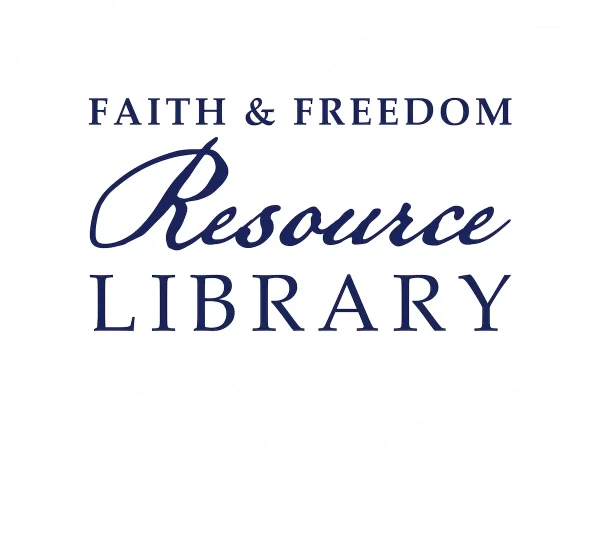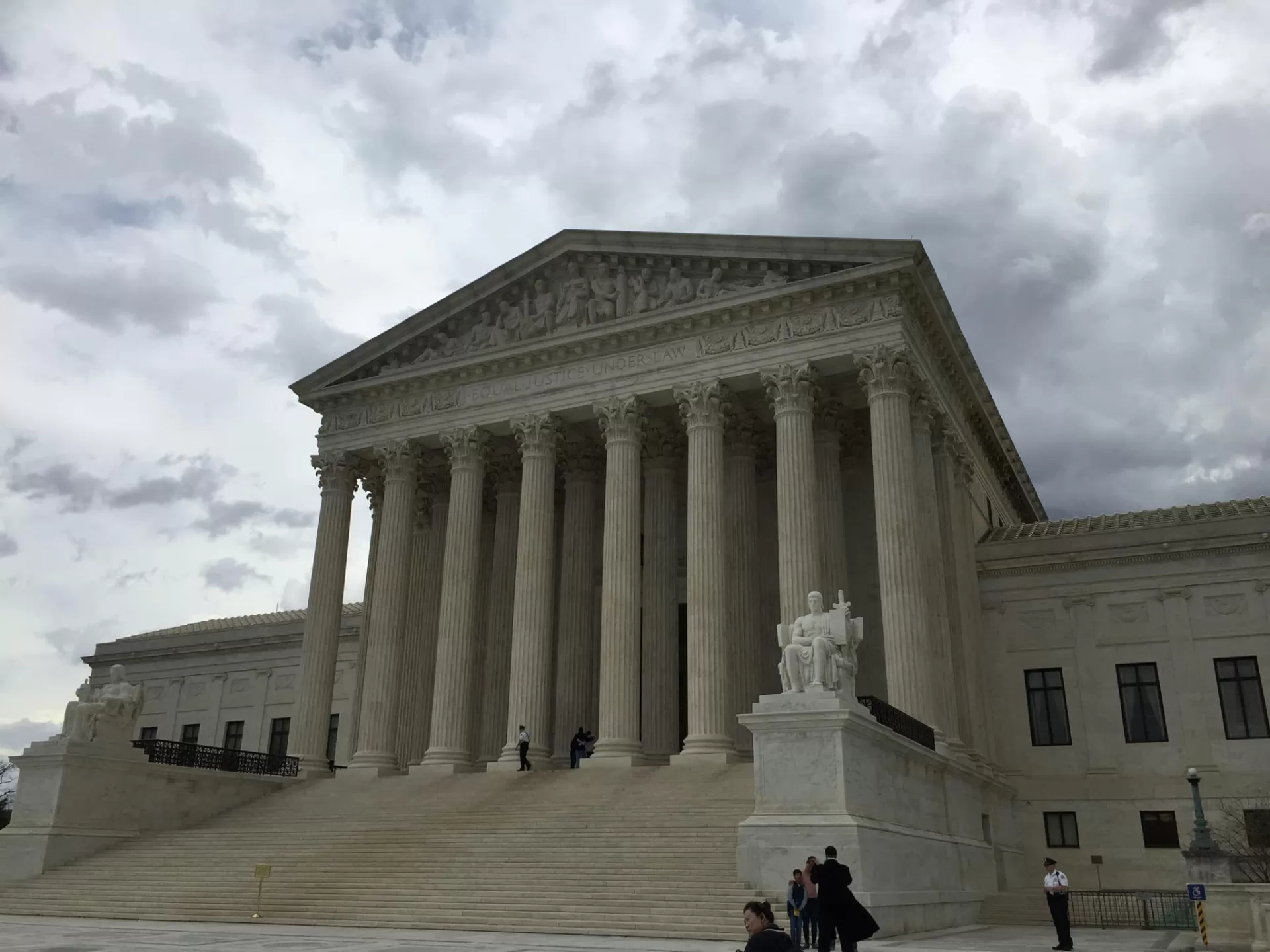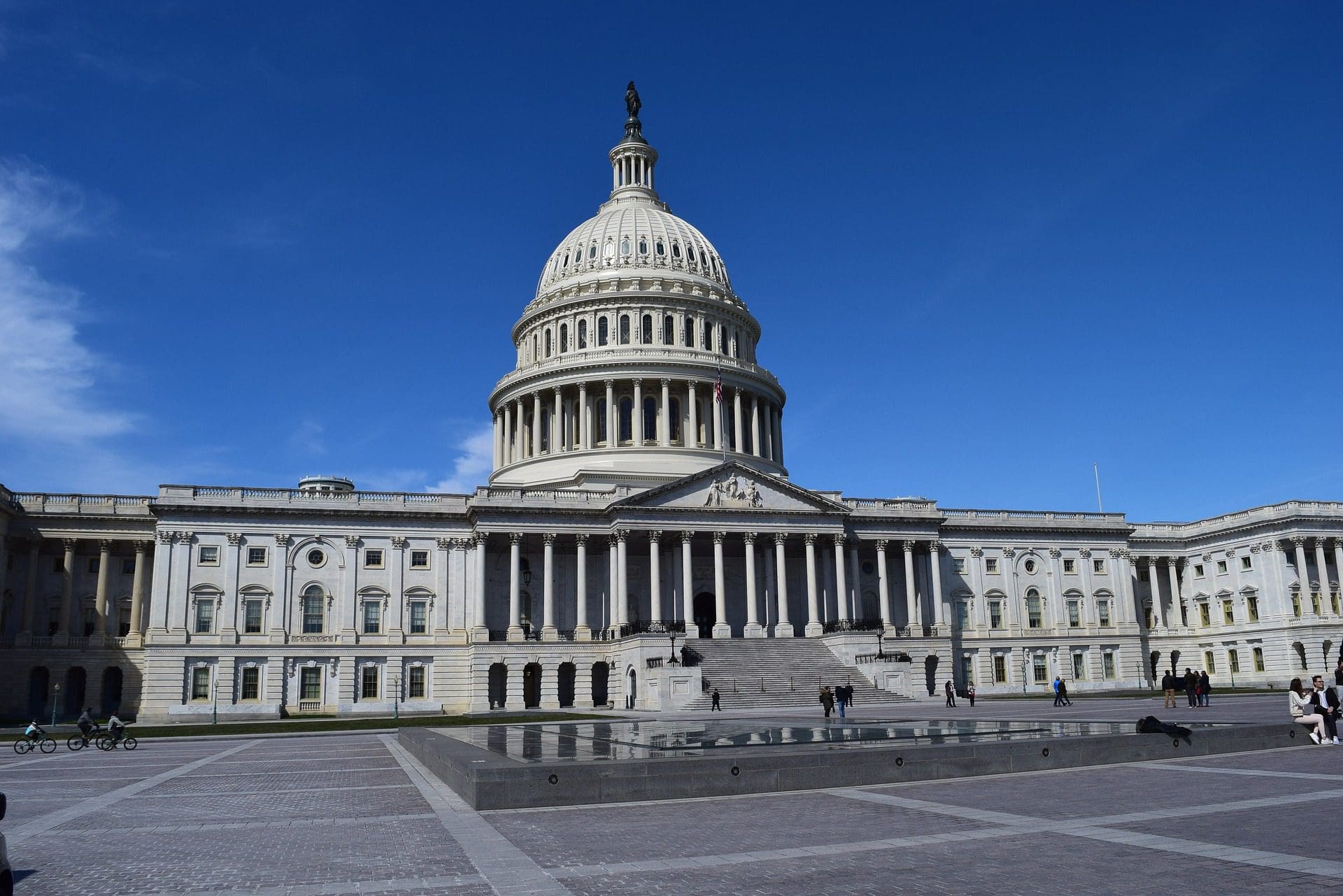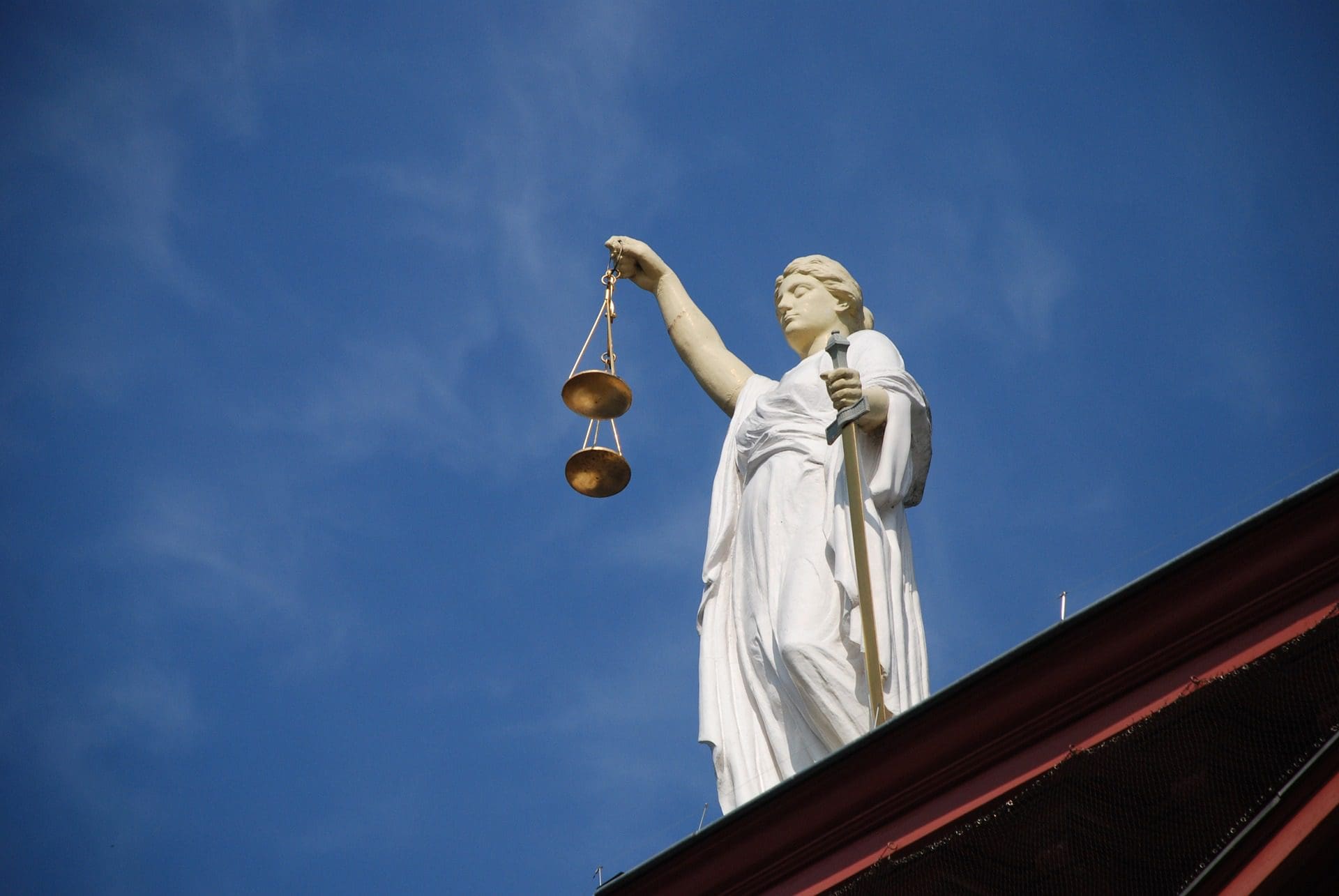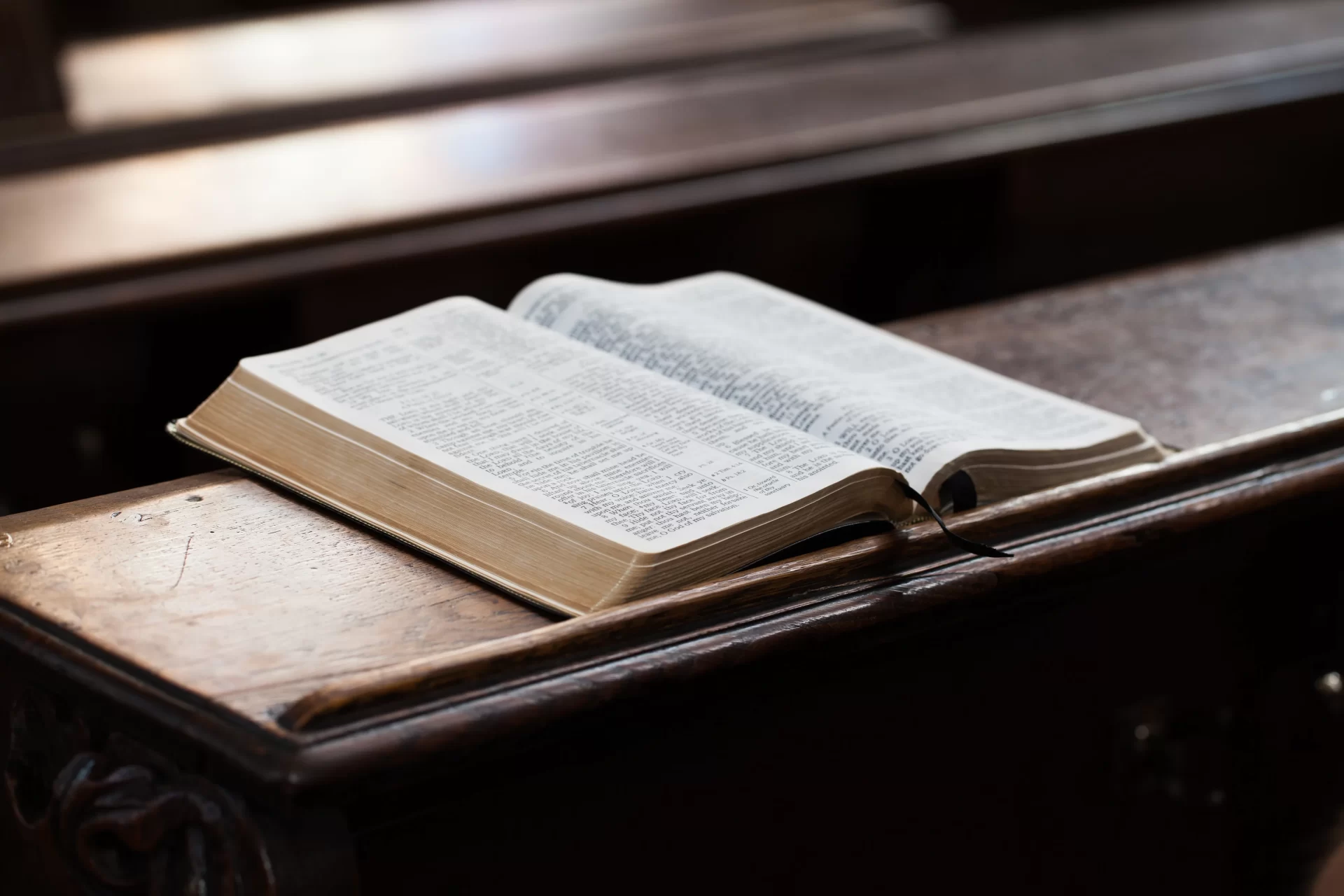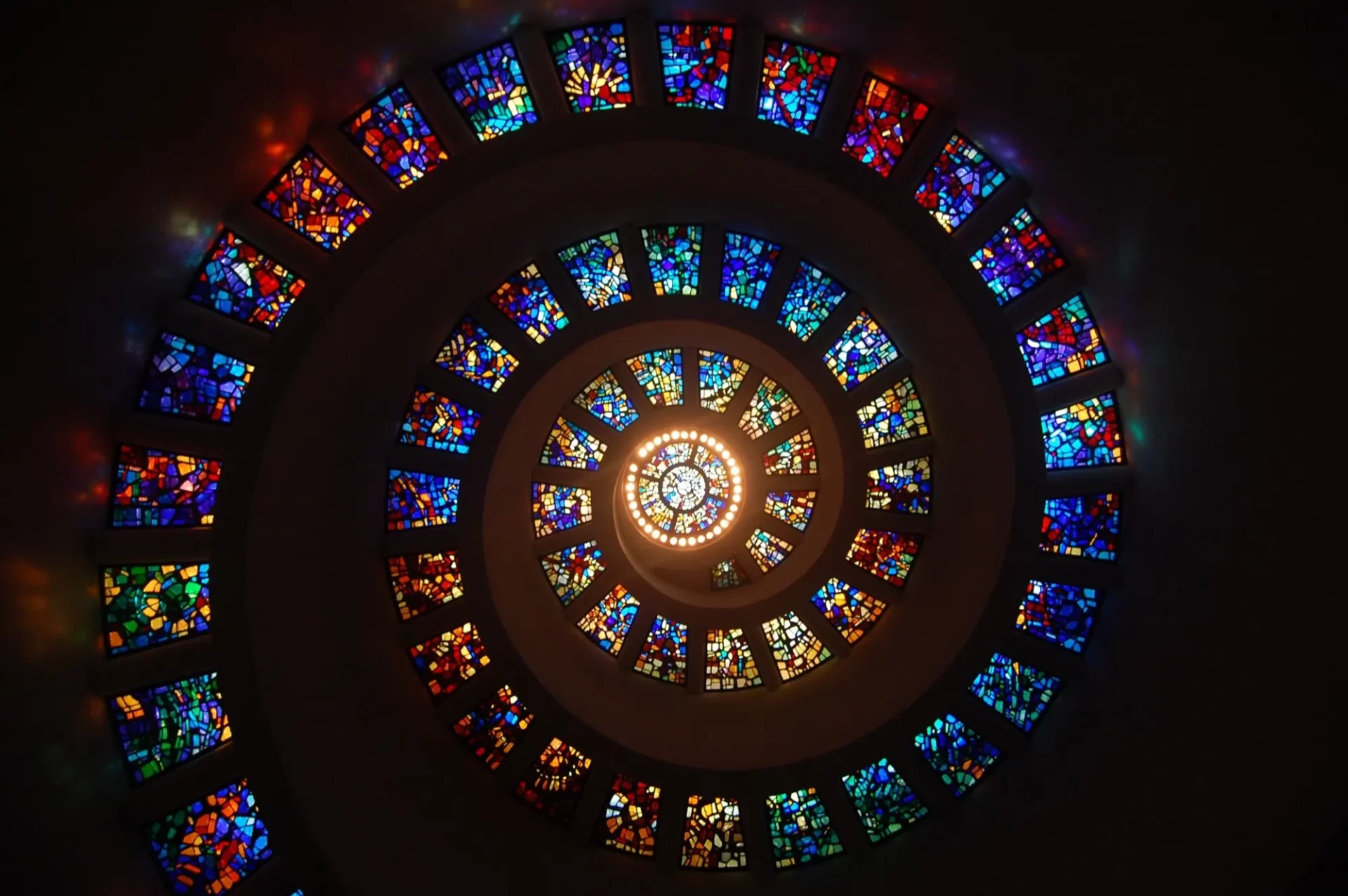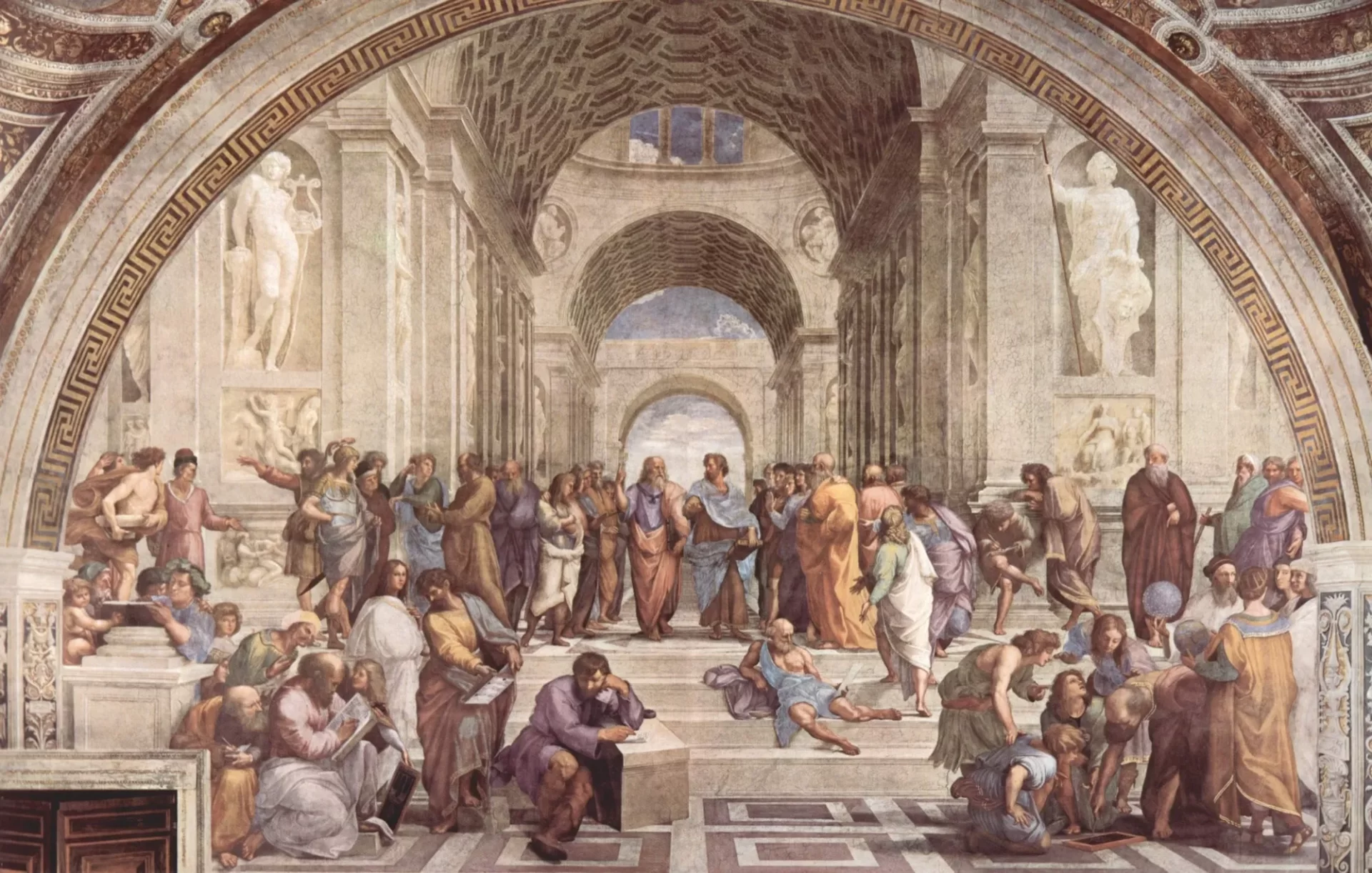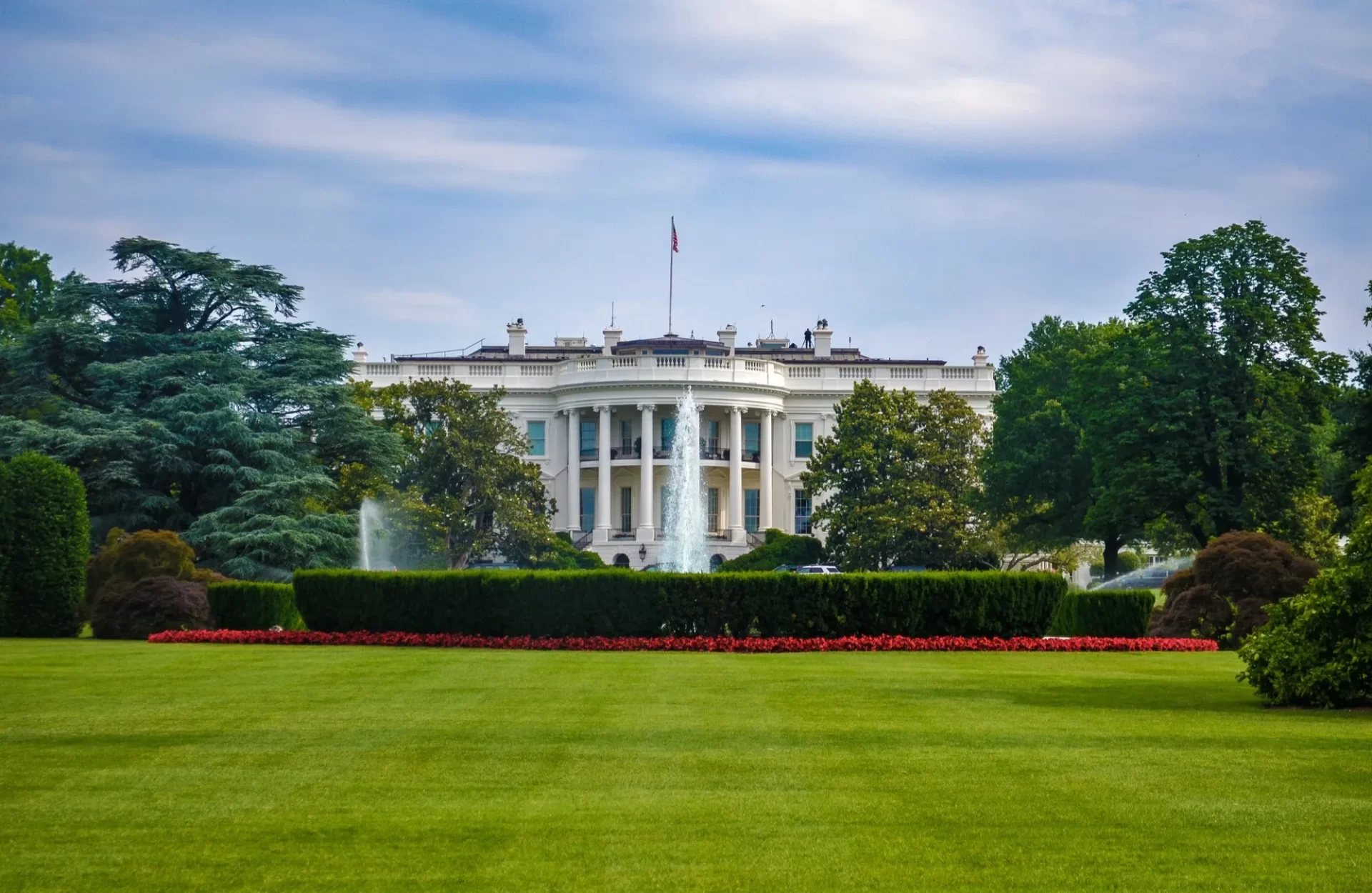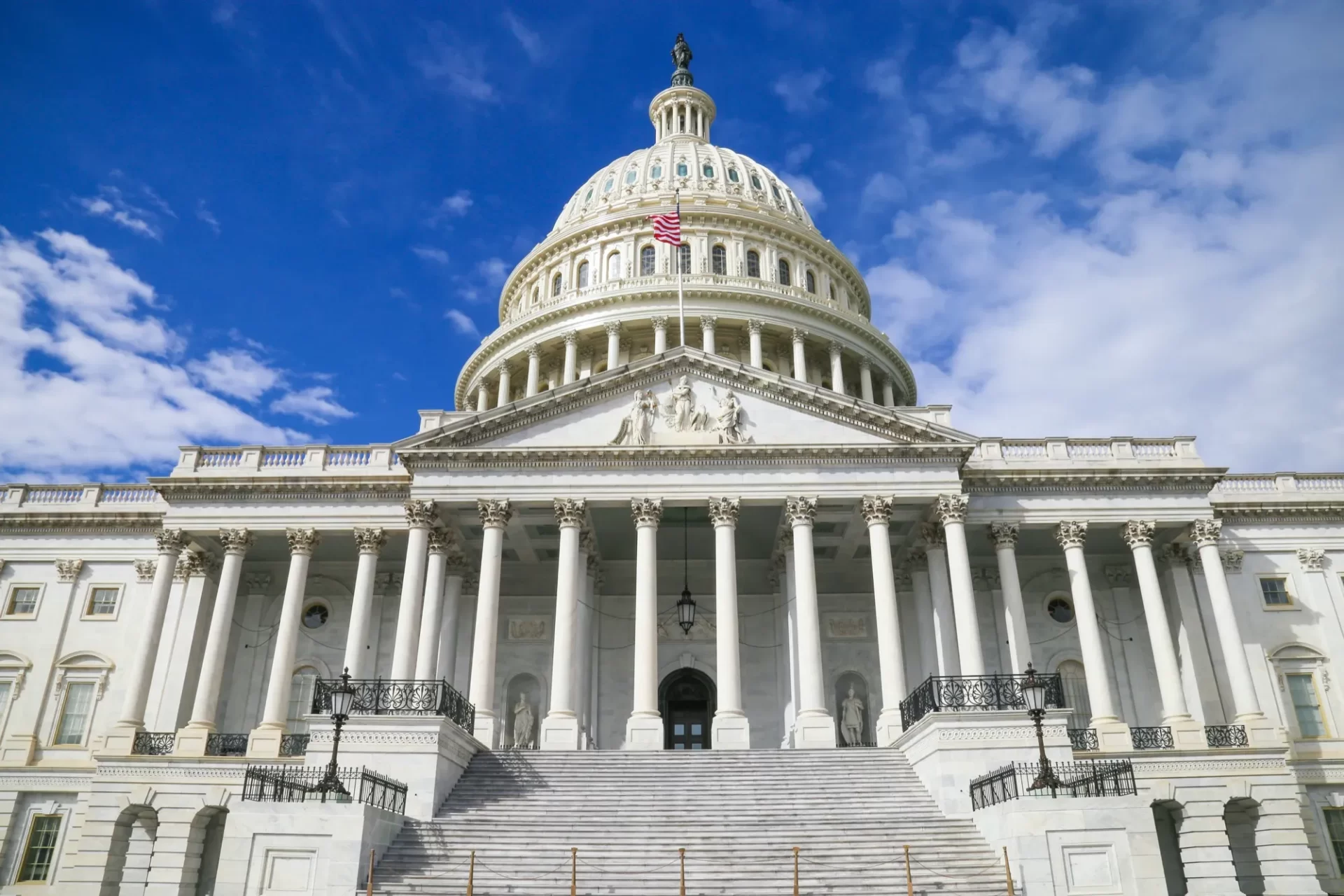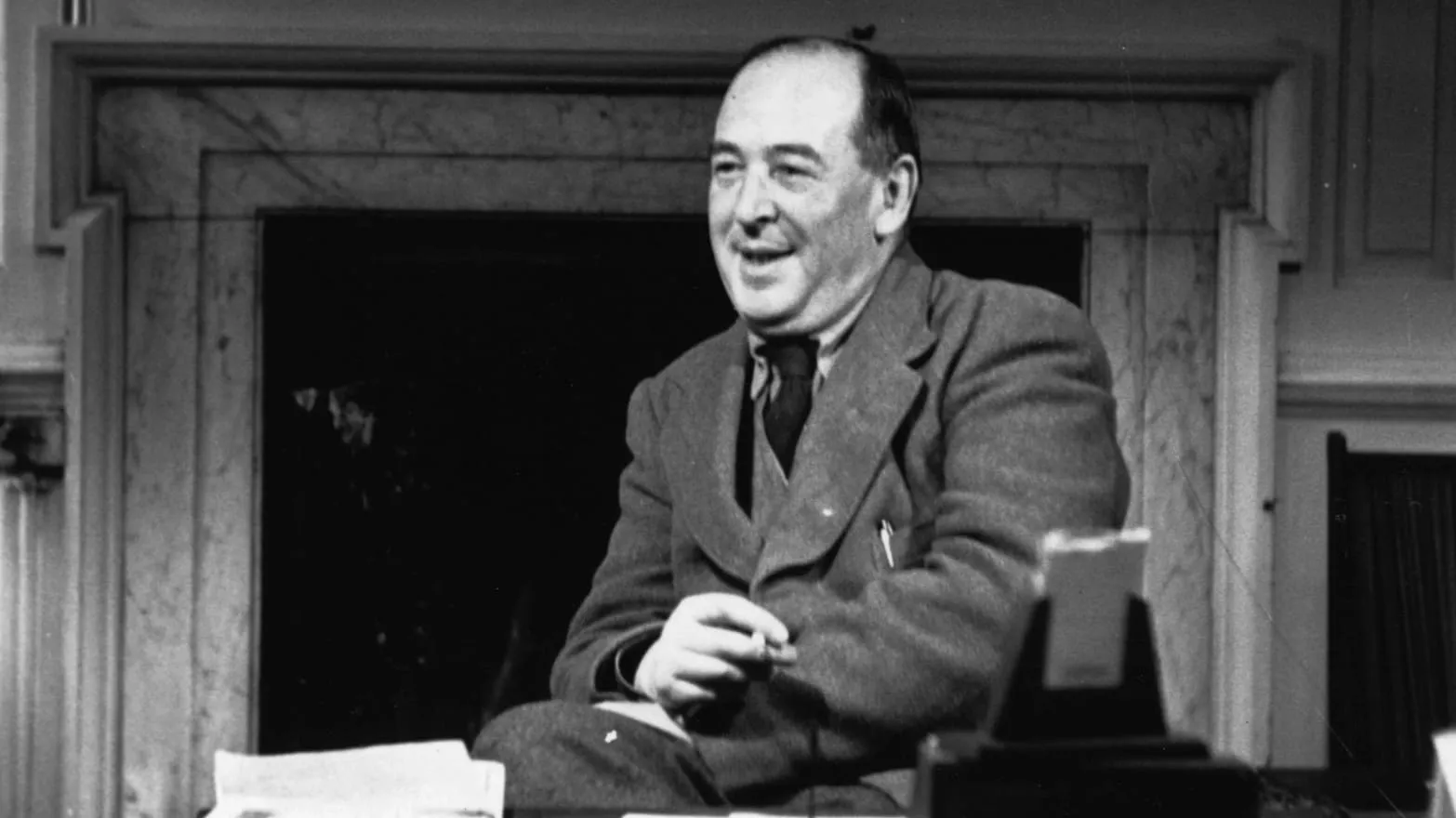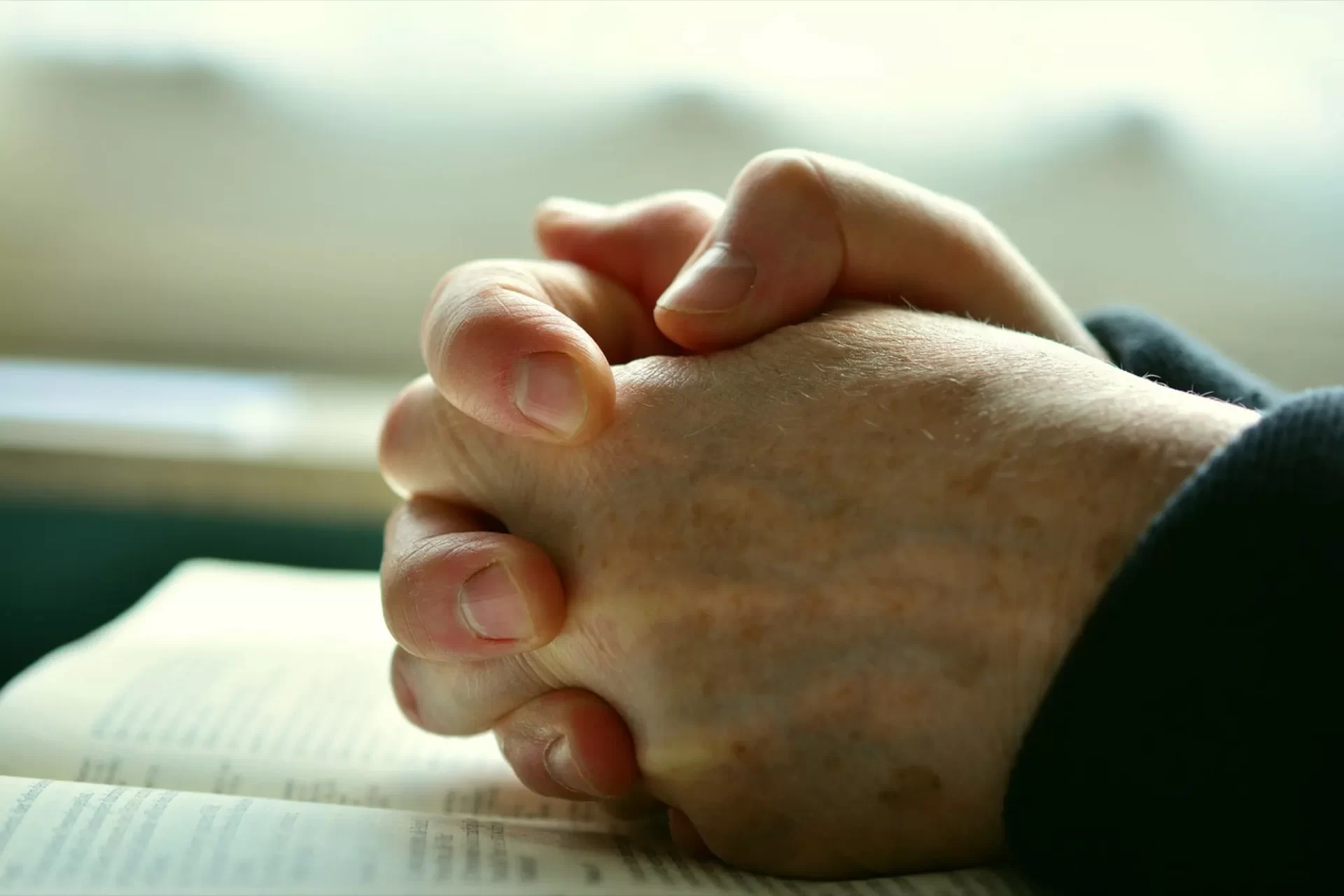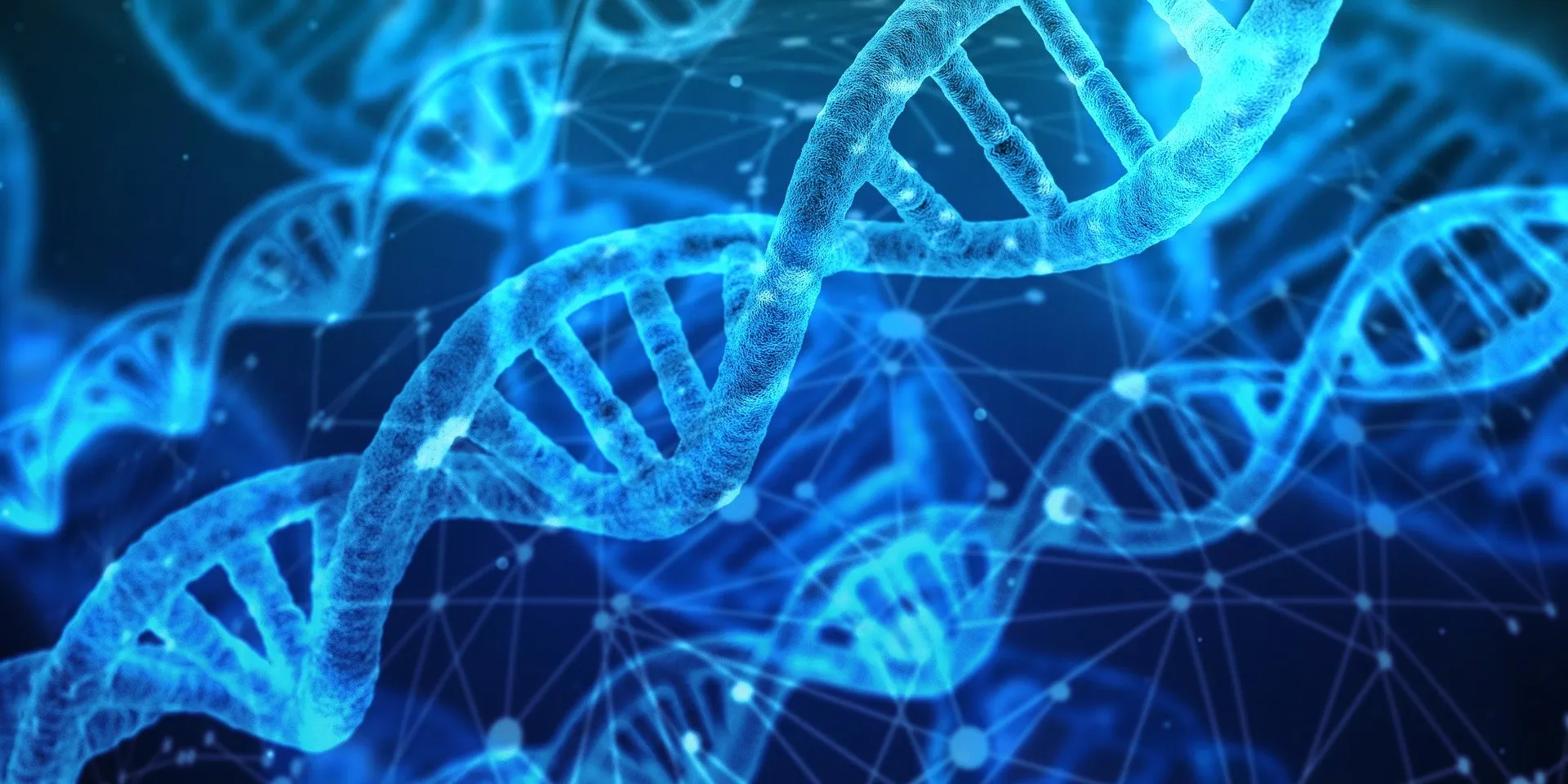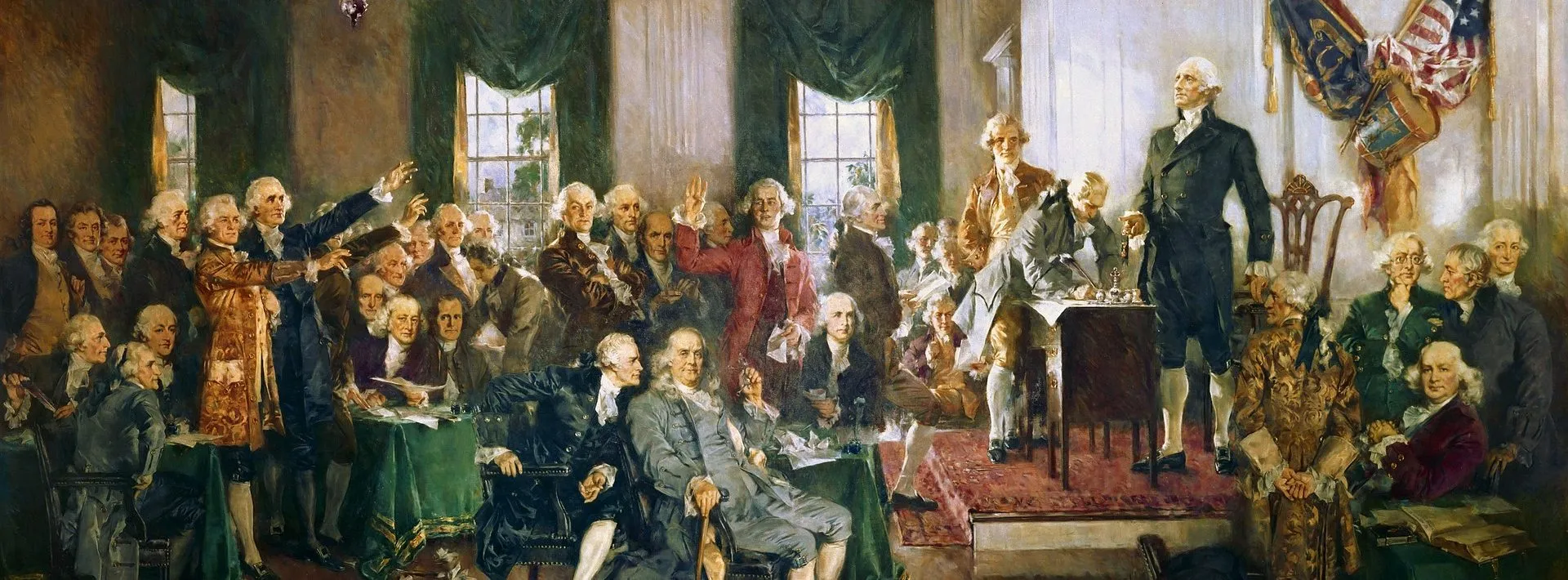
The Rule of Law
The blessings of liberty and prosperity come with responsibility. To whom much is given, much is required. Each generation inherits a special trust and calling to ensure the preservation of liberty and the moral administration of justice.
"[W]here there is no law, there is no liberty; and nothing deserves the name of law but that which is certain and universal in its operation upon all the members of the community."
- Dr. Benjamin Rush
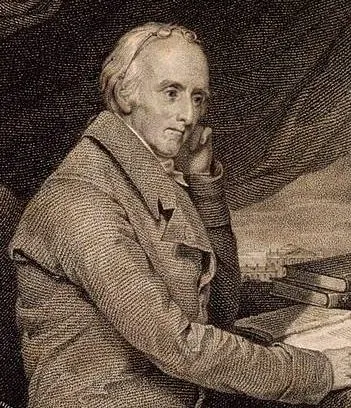
Jesus specifically says:
I am the way and the truth and the life, no one comes to the father except through me… – John 14:6
For this reason I was born: for this reason I came into the world – to testify to the truth. Everyone on the side of truth listens to me. – John 18:33-38
This is good, and pleases God our Savior, who wants all men to be saved and come to a knowledge of the truth. – 1 Timothy 2:3-4
Righteousness exalts a nation, but sin is a reproach to any people. – Proverbs 14:34
First Principles are moral absolutes God reveals in His Word and places on the human heart. Present at the creation of the world, these self-evident truths correspond to reality and remain constant through time. Rooted in divine, natural, and common law traditions, First Principles form the fundamental foundation for preserving liberty, as well as for constitutional good governance under the rule of law. Written on each of our hearts, these self-evident Truths provide a moral compass with which to guide personal and institutional decision-making; Endowed by our Creator, they provide moral points of reference against which a culture measures right from wrong. First Principles serve, therefore, as reliable objective standards by which to measure whether a government action is good or bad, just or unjust.
Thus, governments, informed by First Principles:
1) often enact statutes prohibiting and punishing inherently wrong or dangerous immoral conduct; and
2) always recognize unalienable liberty as a limit the exercise of its governmental power.
The early American experience illustrates how a government recognizes and relies on First Principles. Most of the Framers of the American Constitution viewed God as the source of life and liberty rights. 1See C E Rice, ‘Rights and the Need for Objective Moral Limits’ (2005) 3 Ave Maria Law Review 259; D Barton, Original Intent, 3rd ed, WallBuilder Press, Aledo, TX, 2002; I will not here enter the fray regarding intentions or understandings attributable to the Framers versus the ratifiers in discussing the Constitution’s meaning. There might or might not be a meaningful distinction there. I will simply refer to the Framers as a matter of convenience, while recognizing the ratifiers ultimately were responsible for the document’s legal effectiveness. The Declaration of Independence clearly reflects such a view:
We hold these truths to be self-evident, that all … are created equal, that they are endowed by their Creator with certain unalienable Rights, that among these are Life, Liberty. … That to secure these rights, governments are instituted among men, deriving their just powers from the consent of the governed. 2The Declaration of Independence (1776) Paragraph 2.
The core of the Framers’ understanding is revealed in Noah Webster’s seminal dictionary, published in the infancy of the republic. Webster defined unalienable as something ‘that cannot be legally or justly alienated’ and right as
accordant to the standard of truth and justice or the will of God. That alone is right in the sight of God, which is consonant to his will or law; this being the only perfect standard of truth and justice … that is right which is consonant to the laws and customs of a country, provided these laws and customs are not repugnant to the laws of God …. 3See definitions of ‘unalienable’ and ‘right’ in Noah Webster, An American Dictionary of the English Language, 1828.
We see the promise of the Declaration embodied in the structure and text of the American Constitution. That document’s Framers make clear that we the people delegate power to the government with which to secure our freedom, while expressly limiting government’s exercise of power in ways that deprive citizens of their unalienable life and liberty interests. Thus, it is humans who grant limited powers to the institution of government, not government that grants liberties to individuals.
Moreover, unalienable life and liberty interests further limit exercise of government power. Here the drafters of the American Constitution chose simple language to express this vision of good governance under the rule of law. By enumerating and separating power, and listing liberties as a limit on the exercise of such power, we see their design of limited government. Thus, before exercising power, government must plug into a valid constitutional power source, authorizing the exercise of its power. The American Congress, for example, often relies on the Article I Commerce Power when enacting legislation regulating commerce. Likewise, the President of the United States relies upon the Article II Appointment Power when appointing the Cabinet. Legislators and executive officials exercising governmental power must always act within the scope of the constitutional power source. Just as constitutionally significant, legislators and executive branch officials, when exercising governmental power, must not substantially interfere with constitutionally protected liberty.
Chipping away at a nation’s unalienable moral foundations, government and academic authorities increasingly forbid objective moral principles from informing the policy-making process or even being part of the constitutional marketplace of ideas. Ironically, as government prohibits moral truth from informing its governance, the desperate needs of the hungry, homeless, widows, orphans, and others continue to exponentially expand. To address these growing needs and to change the current character of constitutional institutions, we must awaken the hearts of the faithful.
The blessings of liberty and prosperity come with responsibility. To whom much is given, much is required. Each generation inherits a special trust and calling to ensure the preservation of liberty and the moral administration of justice. Scripture increases the degree of this calling and responsibility by commanding the Christian to shine the light of Truth into the darkness and to resist conforming to the world. 4See John 1:1-5; John 3:18; Romans 12:2. As government increasingly acts without constitutional authority, and infringes upon God-given unalienable liberty, it is essential for the Church to create an educated, equipped, and engaged citizenry that will protect constitutional good governance and the ability for freedom to endure.
Highlights
Featured Posts
On This Issue
Latest Podcasts


Faith & Freedom – Sentinel Notification...
February 2, 2023
Related to This Issue
In The Public Square
Browse filed comments, briefs, and public testimonies on recent legislation and public policy.
Related to This Issue
Publications
Browse other books, articles, and journals related to this issue.
- Declaration of Independence & U.S. ConstitutionAn Introductory Discussion of America's First Principles
- Tyranny of the FewJudicial Activism & Religious Displays
On This Issue
Featured Videos
Be Informed
